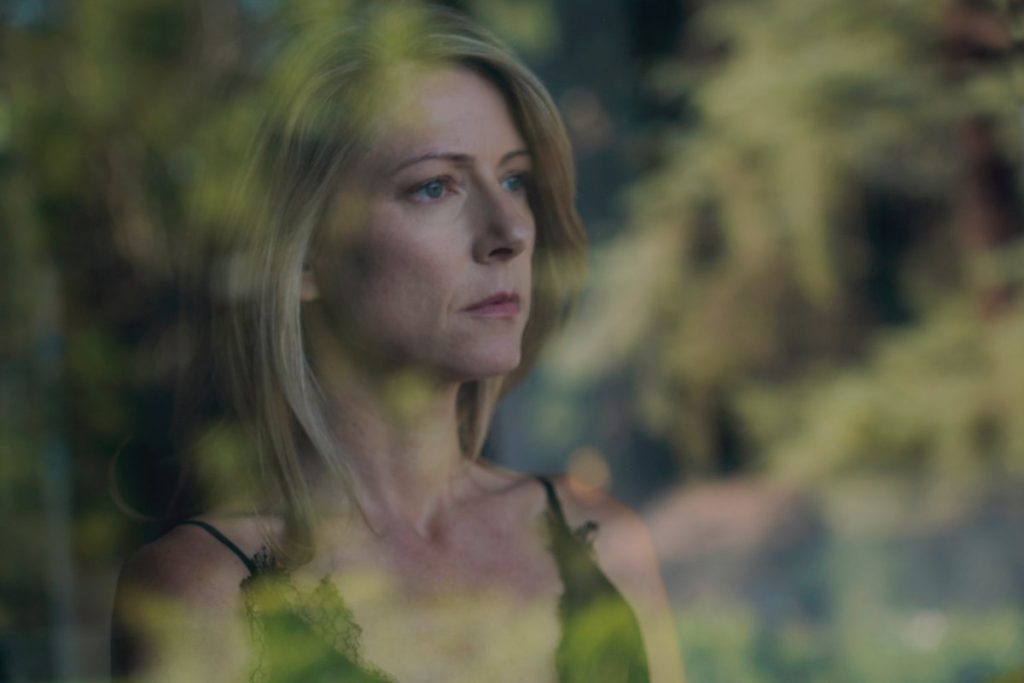“Elyse” marks Stella Hopkins’ directorial debut. In collaboration with Margam Films, she is developing a documentary based on the life of Sir Anthony Hopkins.
“Elyse” is now screening on iTunes, VOD, streaming, and in select theaters.
W&H: Describe the film for us in your own words.
SH: “Elyse” is an exploration of grief. It tells the story of a woman afflicted by mental illness. Despite the catastrophic devastation she and everyone in her life endures, Elyse finds promise of a new life in the medical care of Dr. Lewis and the unconditional love of her nurse.
W&H: What drew you to this story?
SH: My mother was afflicted with mental illness, and as the script evolved, I recognized that I understood Elyse’s character on a deep level.
W&H: What do you want people to think about after they watch the film?
SH: I want the audience to recognize that mental illness doesn’t have to be a taboo, and that it can be talked about without shame.
W&H: What was the biggest challenge in making the film?
SH: The biggest challenge was staying vigilant to avoid giving wrong information and being clinically correct with Elyse’s mental illness.
I was fortunate enough to work with Dr. Sheski from USC. His guidance was instrumental in the development of the script.
W&H: How did you get your film funded? Share some insights into how you got the film made.
SH: It was funded by Margam Films, a Los Angeles-based independent film company.
W&H: What inspired you to become a filmmaker?
SH: The art of filmmaking has always been my passion, from acting to costume design, makeup, music, and directing.
W&H: What’s the best and worst advice you’ve received?
SH: Best advice was to show up to set on time. Worst advice was that you can improvise and re-write a script as you’re filming.
W&H: What advice do you have for other female directors?
SH: It is a male-driven business, and there will be moments when you feel intimidated, but hold onto your dream and fight for it.
W&H: Name your favorite woman-directed film and why.
SH: Kathryn Bigelow’s “The Hurt Locker.” She opened the door for the rest of us. Bigelow chose a strong male-driven subject and wasn’t afraid to tackle it.
W&H: How are you adjusting to life during the COVID-19 pandemic? Are you keeping creative, and if so, how?
SH: I am staying creative and currently developing a few projects, one of which is a documentary.
W&H: Recent protests in the U.S. and abroad have highlighted racism and anti-Black police brutality. The film industry has a long history of underrepresenting people of color onscreen and behind the scenes and reinforcing — and creating — negative stereotypes. What actions do you think need to be taken to make Hollywood and/or the doc world more inclusive?
SH: Change takes perseverance and time. Being Latina, I understand firsthand the challenges, but I am hopeful. We are seeing more female directors, and more African American and Latino actors. We have a long way to go, but we must continue to work together for change.







